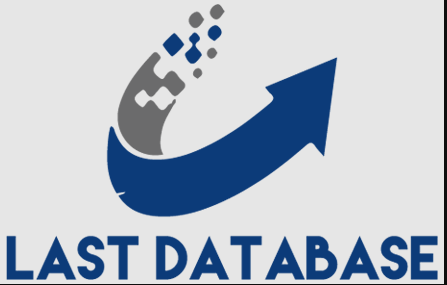In the intricate web of governance that constitutes the executive branch of a nation, one question often arises: who wields the most power within this dynamic sphere? The executive branch is a critical component of any government, responsible for executing and enforcing laws, managing public affairs, and representing the country both domestically and internationally. While the top executive, such as the president or prime minister, tends to garner the most attention, a closer look reveals that power is dispersed across various individuals and institutions within the branch.
At the summit of the executive branch stands the chief executive, who holds the reins of authority and embodies the face of the nation. In a presidential system, this position is filled by the president, while in a parliamentary system, it’s the prime minister. The powers vested in this figure are often vast, encompassing the ability to enact executive orders, command the armed forces, and shape the national agenda. The decisions they make can have far-reaching consequences, influencing everything from foreign policy to economic stability.
Nonetheless it is crucial to recognize
That this leader is not an omnipotent force. Modern governance places significant checks and balances on executive power to prevent its abuse. Constitutional frameworks, legislatures, and judiciaries all play a role in ensuring a system of shared authority. The strength of the chief executive often depends on their ability to navigate these intricate political landscapes, build coalitions, and maintain public support.
Beneath the apex of power in the executive branch, a constellation of influential individuals and entities contributes to the decision-making process. Cabinet Construction Email List members, appointed by the president or prime minister, oversee various departments and agencies that execute the government’s functions. These secretaries wield substantial authority in their respective domains, crafting policies, managing resources, and guiding the implementation of laws.
Furthermore, the legislative branch, comprising the Senate and House of Representatives in the United States and their equivalents in other countries, holds a vital position in shaping executive power. The legislative branch creates laws, controls budgets, and provides oversight, ensuring that executive actions remain within legal and ethical bounds. The dynamics between the chief executive and the legislature define the extent of power each entity holds, often resulting in a delicate dance of negotiation and compromise.
In recent years another pivotal
Player has emerg as a force to be reckon with within the executive branch: the national security apparatus. As the world becomes increasingly complex and interconnected, the power to address security concerns, both domestically and abroad, has grown significantly. Intelligence agencies, military leaders, and security advisors all contribute to the decisions that impact national security, sometimes exerting substantial influence over the chief executive’s choices.
In the realm of international affairs, diplomats and foreign policy advisors also hold sway over the executive branch. Crafting international agreements, negotiating trade deals, and maintaining diplomatic relations are key aspects of executive power. The decisions made in this arena can reshape global dynamics and influence the nation’s standing on the world stage.
Ultimately, determining the single most powerful person within the executive branch is an oversimplification. Power is not a static entity but a fluid and dynamic force that ebbs and flows depending on context, political climate, and the individuals involved. The chief executive may hold the highest office, but their power is constrained by a multitude of factors, from legal limitations to public opinion.
In essence, the true power within the executive branch is a web of interconnected roles, individuals, and institutions that collectively shape the course Book Your List of a nation.







